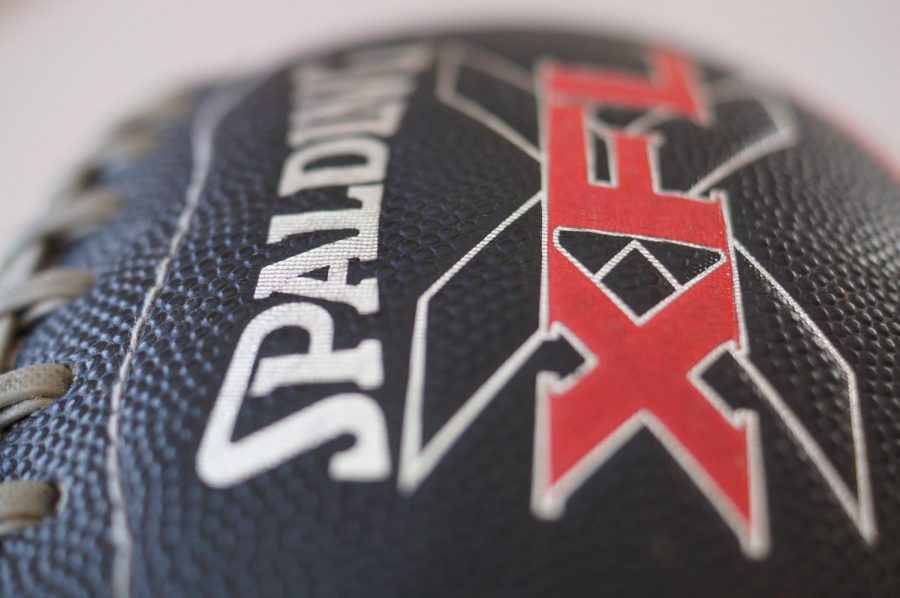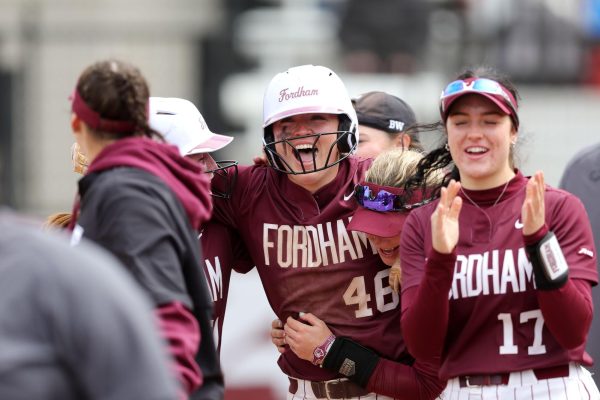The XFL’s Rebirth: Can Vince McMahon’s Endeavor Succeed?
Vince McMahon’s XFL failed in its first attempt in 2001. Will things be different in 2020?
It was back in 2001 that wrestling business mogul Vince McMahon started his own American football league with the then-World Wrestling Federation (WWF) and NBC known as the XFL.
McMahon and his partners started the XFL to compete with the National Football League (NFL), which has been the dominant professional league of American football since its conception, and to fill the void in the calendar between February and August when the NFL was in its offseason. Consisting of eight teams from cities that either have or once had an NFL franchise, the league brought various rule modifications to the game meant to spike the intensity and speed from that of the NFL.
However, the game of football itself was not the only thing on the minds of McMahon and company. What made the XFL different was its emphasis on on-air innovations and entertainment tactics similar to those used in World Wrestling Entertainment (WWE). This would become the league’s ultimate downfall, as viewers — some traditional football fans — did not like all the extra wrestling-based characteristics.
Despite having an opening week with ratings that rendered serious attention within the sports media market, the original XFL ceased to exist after its inaugural season. Millions of dollars were practically burnt through the endeavor, and McMahon even earned an ESPN 30-for-30 on his failure.
This week, almost 20 years after the original, the XFL made its return to the professional sports stage. Reborn with many of the same structural characteristics as before, but excluding the wrestling-like entertainment features, the league looks to learn from its past mistakes and land its niche in the professional sports calendar. Other leagues, like the Alliance of American Football, have also seen their efforts to broaden the game of professional football fail, so McMahon is determined this time to make his idea work.
The ultimate question to be asked as viewers tune in for the first time is: “Will the XFL work this time?” The truth is that the answer is up in the air.
As with the original XFL, the idea and purpose of the league are still well-suited. Other than the draft in April and training camps in July, football fans loathe the hiatus from NFL football post-Super Bowl. Having a different league to pick up some of the calendar vacancy means more football Sundays throughout the entire year.
Another positive thing the XFL did for its rebirth was bring in higher level talent for their teams, particularly players and coaches with NFL experience who are not currently on a roster. Having names like Lance Dunbar, Rashad Ross and Kevin Gilbride that football fans recognize could lead to increased viewership and consumption of the league. It also provides these men with an avenue to showcase their skills and get back onto an NFL roster.
There are some well-known names surrounding the XFL outside of the teams themselves, with Dean Blandino running the officiating operations and NFL on FOX’s own Curt Menefee doing some work in the broadcast booth.
Rule modifications are where the XFL could see some backlash and run into trouble with popularity. The XFL is breaking football barriers with their special rules for parts of the game such as kickoffs, punts, extra points, forward passes and overtime. However, doing so could impact the fans’ ability to watch and understand the game.
On kickoffs, the kicker will kick from his team’s 30-yard line while blockers from both teams will wait at the receiving team’s 35- and 30-yard lines. Neither side of blockers can move until the ball is touched by the receiver or in play for a few seconds.
After scoring a touchdown, there are three options for the scoring team to take instead of the traditional one-point kick or two-point conversion. The team will either take the ball from the two, five or 10 yard mark and attempt a score in the endzone for one, two or three points, respectively. Defensively, a turnover and score by the other team would match the attempt in added points.
Overtime specifications are where the game’s rules could get away from most people. The XFL’s overtime periods will be decided by a five-round two-point conversion shootout between the teams. It would be similar to a penalty kick shootout in soccer. There are various rules for forced turnovers and penalties during that portion of the contest.
The complete XFL season is 10 weeks long with a two-week postseason to follow.
The game of football has always been played by the same rules even before the NFL’s conception and the Super Bowl era. As a result, fans have become used to these rules and may be opposed to some of the complicated rules of the XFL. Fewer fans watching equates to declining ratings, which equates to losing revenue and all that comes with it.
If the XFL bewilders fans with its complicated rules, it might win some of them over with its stance on controversies within the game. They strongly advise against political gestures by players during league games such as kneeling during the National Anthem. While there are not rules strictly forbidding such gestures, the XFL wants to take priority in avoiding issues that have been occurring in the NFL.
The fans could go either way, so McMahon and the XFL must find ways to grow support and enthusiasm for the league if it is to be a success this time around. There is that famous expression which states “what is old is new again,” and we certainly find that exemplified in the rebirth of the XFL.
Back in 2017, in the ESPN documentary about the original XFL, McMahon spoke about reviving the league and making necessary changes to make it popular in the current age. A year later, he sold millions in stock from his wrestling monopoly to fund Alpha Entertainment, the XFL’s parent company. He also garnered interest from former NFL players, coaches and media giants to become a part and leverage the reach of the league.
McMahon and the XFL are once again set to attack the NFL in American professional football, but they must light the proverbial fuse.
The NFL has long been the dominant professional league in football and is only becoming stronger and more internationally popular by the season. Like other pro sports, a major task will be getting the younger generations to gravitate toward the league. They are the future long-term consumers of the product and will have a massive impact on its popularity growth.
If the XFL gets the younger generations to jump on board, support the league brand, consume merchandise and become fans, other generations will follow and do the same.
It is do or eternally die this time for the XFL, bringing the possibility of McMahon learning the hard lesson of “stick to your day job.”







































































































































































































